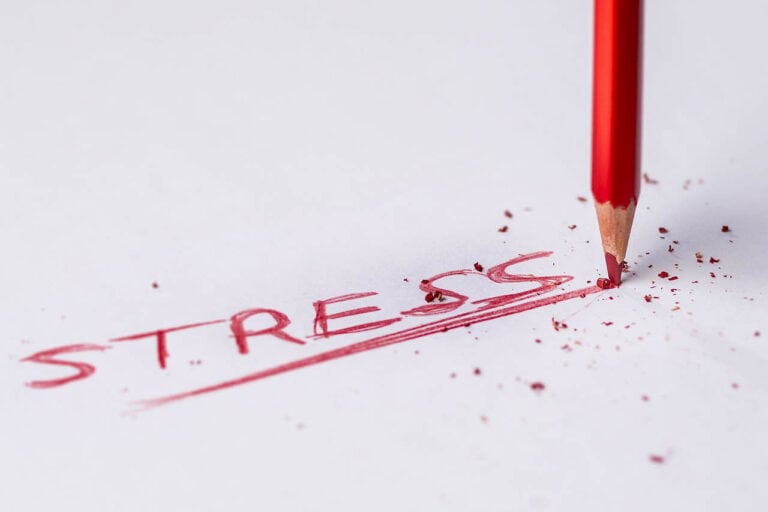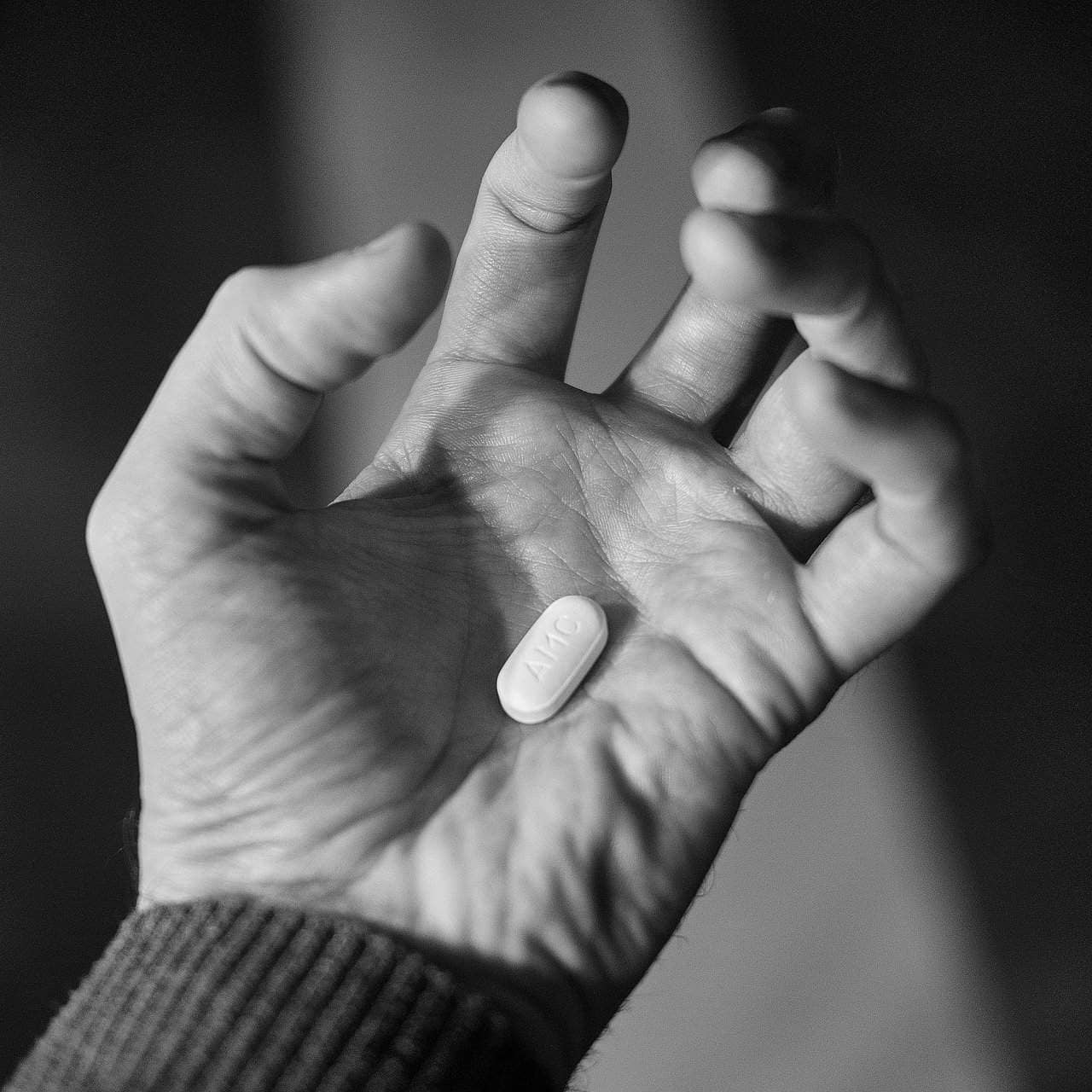Is stress good or bad?
OK, you are going to get the “lawyer” answer here – “it depends”!
Probably the most common words you hear when someone is talking about stress are negative words – stress is something to be avoided.
But truth be told, it is a natural and expected part of daily life that actually can be considered as a good thing. Good stress is also known as eustress. Think of what you might feel before an important competition or presentation.
When we feel good stress, our heart rate increases, breathing rate increases and we have a feeling of excitement. It is a short-term change in our body that helps us to feel prepared, energized, and ready to perform at our best.
And some goofy folks like me find that as they have put off doing a writing or creative task until the last minute, the “stress” actually helps them perform well and quickly. So much so that often they put off things they are sure they can do better at the last minute. OK, true confession – anyone else out there like that? I have not researched how many other “last minuters” are out there – just sayin’ it is a real thing.
As I learned from an online source, VeryWellMind, you probably have not heard anyone saying “Boy, I am feeling stressed! Isn’t that great?” But as they pointed out, we would feel rudderless and unhappy if we didn’t have some stress in our lives – the “good stress” variety.
If we define stress as anything that alters our homeostasis, then many forms of “good stress” are vital for a healthy life.
Hurray! It can keep you feeling good and excited about life – so said this source. Their point was that changing your perception of stress can help. So can adding positive activities to promote eustress (aka the good kind of stress). Good stress is important to have and promotes well-being but bad stress can harm your health – so it is important to find a balance that keeps you on the good side, right?
Another source made a very good distinction – psychcentral.com indicates that while stress is a natural response to perceived danger, chronic stress can lead to physical and mental health complications. Stress is also a natural response to new or challenging situations. It is a part of being alive, but it can become overwhelming and cause daily dysfunction when it’s left to run rampant and starts holding you back from experiencing your full potential.
So that was something they pointed out to be alert to – stress itself is not a problem, but it becomes a problem when it does not follow the course of “peak and resolve”. You have stress before and maybe during the test, but then after the test, stress should end.
However, if your stress continues after the fact, if it goes unmanaged (chronic stress), then it can lead to the mental and physical health problems….anxiety, depression, heart disease, and worse.
The seriousness was pointed out by the psychcentral folks who quoted studies showing some dire consequences:
- Work-related stress is a direct factor in around 120,000 people’s deaths every year. You might not see “stress” listed as the cause of death, though, the real number may be much higher if we were to peel back causes resulting from stress.
- Another study published in the journal Circulation: Cardiovascular Quality & Outcomes, shows a nearly 50 percent increased risk of early death due to chronic stress and depression compared to lower levels of stress and depression.
So where do we go? And what do we do to keep on the “good stress” side and end the chronic “bad stress” that is attacking our mental and physical health?
Of course, several sources I saw referred people to mental health professionals. Not surprising.
But let me add my two cents about a most relevant and effective source that is often skipped or not given serious application – God’s word found in scripture, the Bible.
A few relevant ones that I would point out:
Be anxious for nothing, but in everything by prayer and supplication with thanksgiving let your requests be made known to God. And the peace of God, which surpasses all comprehension, will guard your hearts and your minds in Christ Jesus. Philippians 4:6-7
Cast all your anxiety on Him, because He cares for you. 1 Peter 5:7
Peace I leave with you; My peace I give to you; not as the world gives do I give to you. Do not let your heart be troubled, nor let it be fearful. John 14:27
So do not worry about tomorrow; for tomorrow will care for itself. Each day has enough trouble of its own. Matthew 6:34
I have it on good authority that not just reading but actually meditating upon, memorizing and perhaps reciting such scriptures (especially as you fall in bed at night, seeking sleep) greatly increases their impact.
Why?
When we put our faith in Christ, His authority is our authority. This is great news because the God of the universe is the power behind our authority. When we understand this and know how to exercise that authority, we can face the enemy, bad stress included, fearlessly.
The above verses are just “starters” – may I challenge you to go beyond those searching specifically for topics you find “stressing” you out: things like “perfection” “anxiety” “fear” –and naming the “fear” is helpful to refine the search even more.
As you locate those scriptures, write them in the back of your Bible if you have some white space available – you will need to reference them as that stress starts growing too consistent in your life.
Yes, you are actually “training your brain” to go to these sources when you start making this challenge a habit. May the Lord guide your search and ease your stress at just the right level for your mental and physical health! I am right on that path with you!
Food and dietary supplement products sold by Youngevity are intended to contribute to the daily diet and overall health and are not intended for use in the prevention, treatment, mitigation, or cure of any disease or health-related condition. Individuals who have or suspect they have an illness or who wish to commence a diet or exercise program should consult an appropriately licensed health care practitioner for a medical history evaluation, diagnosis, treatment, and health recommendations.



